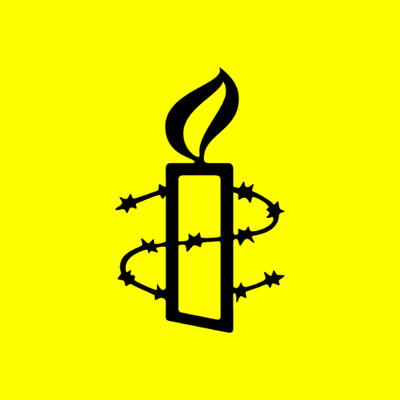Russia: Disclose whereabouts of imprisoned activist Andrei Pivovarov disappeared one month ago

Russia: Disclose whereabouts of imprisoned activist Andrei Pivovarov disappeared one month ago
Responding to the ongoing enforced disappearance of opposition activist Andrei Pivovarov, who was deprived of his liberty in Russia on politically motivated charges and whose whereabouts have been unknown since 18 January when he was undergoing transfer to a penal colony, Natalia Zviagina, Amnesty International’s Russia Director, said:
“Andrei Pivovarov is not only serving an unfair sentence on politically motivated charges for a ‘crime’ that doesn’t exist in international law. The authorities are subjecting him to enforced disappearance – a crime under international law, by not revealing his fate or whereabouts,” said Natalia Zviagina.
“Russia’s dire prisoner transportation system recalls the practices of the GULAG, as documented in 2017 by Amnesty International. There has been no improvement in the years since – weeks of transportation of prisoners to unknown locations, which amounts to enforced disappearance. This remains a prominent feature of the Russian penitentiary system, imposing additional inhumane punishment on inmates and suffering for their families.
“The Russian authorities should immediately disclose Andrei Pivovarov’s whereabouts and release him immediately and unconditionally. Likewise, the country’s prisoner transportation system must be wholly reformed to comply with international human rights standards.”
Background
Andrei Pivovarov, opposition activist and human rights defender, and the former head of the now-disbanded Otkrytaya Rossiya (Open Russia) movement, was sentenced to four years in a penal colony in July 2022. He was found guilty of leading an “undesirable organization” under a law that clearly contravenes the right to association. After losing his appeal in November, the judgment came into force.
On 30 December 2022, Andrei Pivovarov was taken from the pre-trial detention centre in Krasnodar, southern Russia, for transfer to a penal colony to serve his sentence. In the next three weeks, he was transferred to the city of Voronezh, some 800 kilometers away, then to Yaroslavl, a city in central Russia, some 800 kilometers further, before reaching his native city of Saint Petersburg on 18 January. According to his last letter to his partner sent on the same day, he was about to be transferred to a penal colony in the Republic of Karelia in the north of Russia.
An enforced disappearance is committed whenever a person is deprived of his or her liberty, legally or illegally, followed by the authorities’ refusal to acknowledge the deprivation of liberty or by concealment of the fate or whereabouts of the disappeared person.



